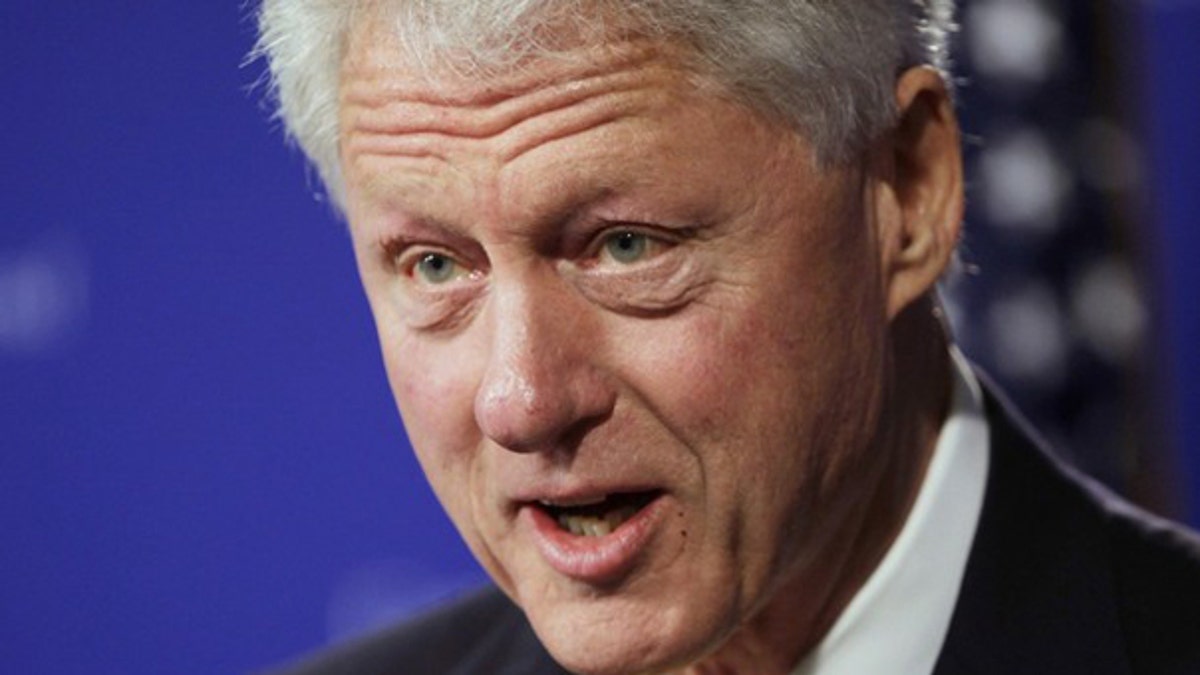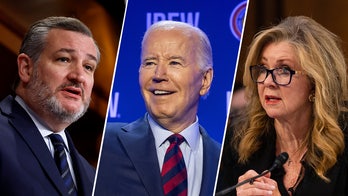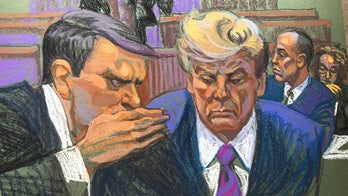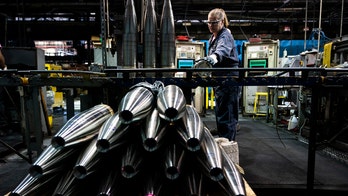
Former President Clinton delivers a keynote address at a symposium to commemorate the 15th anniversary of the Oklahoma City bombing in Washington April 16. (Reuters Photo)
Former President Clinton on Sunday broadened his warning that Tea Party protesters could feed violence reminiscent of the Oklahoma City bombing, suggesting "right-wing media" and the blogosphere could be culpable for any future politically fueled extremism as well.
The former president, speaking on ABC's "This Week," elaborated on his controversial comments from Friday, when he drew parallels between the modern Tea Party movement and the anti-government rage of the mid-'90s that preceded the 1995 Oklahoma City attack that killed 168 people and injured hundreds more.
Clinton said Sunday that political dissent is necessary, but "demonization" of government is dangerous -- citing the uptick in threats made against members of Congress and other officials.
"We shouldn't demonize the government or its public employees or its elected officials," Clinton said. "We can disagree with them, we can harshly criticize them. But when we turn them into an object of demonization, we increase the number of threats."
The debate over and passage of the health care overhaul this year has coincided with an increase in threats against lawmakers. According to a recent report, lawmakers reported 42 security incidents from January through March -- lawmakers reported only 15 cases in the first three months of 2009. A middle-aged software engineer fueled by his hatred of the Internal Revenue Service also crashed his small plane into an Austin, Texas, building that housed IRS offices in February.
Tea Party protests focus heavily on anti-tax and anti-health care reform rhetoric -- but organizers routinely reject charges that they're in any way fomenting violence or intolerance.
Clinton's comments from Friday, made at a symposium commemorating 15 years since the Oklahoma City bombing, drew a rebuke from conservative radio host Rush Limbaugh, who accused Clinton of having "just set the stage for violence in this country" and said "future acts of violence" would be on the former president's shoulders.
Clinton, in the interview Sunday, said the remark "doesn't make any sense." He instead suggested the behavior of "right-wing media" is reminiscent of the hostile mood of the country before the Oklahoma City bombing.
"I realized that there were lot of parallels between the early '90s and now, both in the feeling of economic dislocation, the level of uncertainty people felt, the rise of kind of identity politics, the rise of the militia movements and right-wing talk radio, with a lot of what's going on in the blogosphere now, and in the right-wing media," Clinton said.
"A lot of the things that have been said, they create a climate in which people who are vulnerable to violence because they're disoriented, like Timothy McVeigh was, are more likely to act," he added.
McVeigh was convicted on federal murder and conspiracy charges and executed in 2001 for his role in the attack on the Murrah Federal Building in Oklahoma City. Co-conspirator Terry Nichols is serving life in prison on federal and state bombing convictions.




